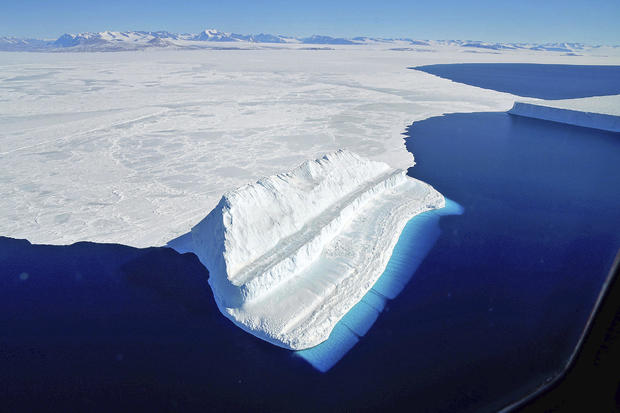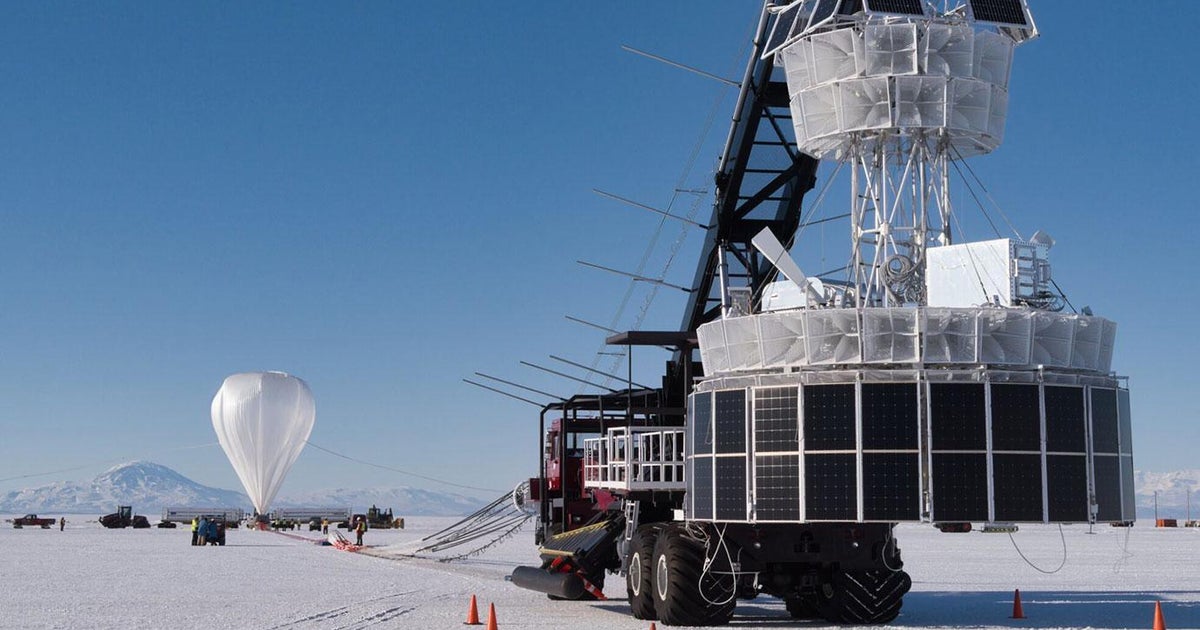Southern Ocean officially recognized by National Geographic
National Geographic announced Tuesday that it is officially recognizing the Southern Ocean as the Earth's fifth ocean. The announcement was made to coincide with World Oceans Day.
The Southern Ocean is a vital home for marine ecosystems and a focal point for the southern hemisphere. It directly surrounds Antarctica, extending from the continent's coastline to 60 degrees south latitude, excluding the Drake Passage and Scotia Sea. The ocean's borders touch three of the four other oceans that exist on Earth — the Atlantic, Indian and Pacific.
But what makes the Southern Ocean different from the others is that rather than being largely defined by the land that surrounds it, this body of water is unique because of a current that lies within.
The Southern Ocean's latitudinal boundary of 60 degrees south is roughly the same boundary as the Antarctic Circumpolar Current (ACC), which, according to National Geographic, brings about colder and less salty water than what is found just north of the region. This current, estimated to be approximately 34 million years old, is what makes the ecology of the Southern Ocean so distinct, providing a unique habitat for thousands of species, National Geographic said in its magazine.
The ocean also serves as a vital component of Earth's changing climate. It is Earth's only global current and uses waters from the Atlanta, Pacific and Indian Oceans to transport heat around the planet.
But, National Geographic said that water moving through the ACC is warming, and the society hopes the new recognition will help with conservation efforts. The World Wildlife Fund says on its website that the water's temperatures vary between 10 degrees Celsius and -2 degrees Celsius, and that if the Southern Ocean warms just by 2 degrees, it could reduce ice coverage up to 30% in key areas. Penguins, birds and other animals rely on the ice for breeding.
As described in National Geographic by NOAA marine scientist Seth Sykora-Bodie, the Southern Ocean is unique in that "the glaciers are bluer, the air colder, the mountains more intimidating and the landscapes more captivating than anywhere else you can go."
The National Oceanic and Atmospheric Administration (NOAA) also recognized the Southern Ocean's designation earlier this year, and the U.S. Board on Geographic Names has recognized the ocean since 1999.
However, National Geographic said in its announcement on Tuesday that scientists around the world have been trying to reach an official designation for years. In 2000, participating countries of The International Hydrographic Organization could not agree on proposed boundaries for the ocean. While the boundaries remain up for debate, many members of the IHO have reached a general consensus that the waters surrounding Antarctica are different. Many members of the IHO, according to National Geographic, have referred to the Southern Ocean as the Antarctic Ocean or the Austral Ocean.
As part of the new designation, National Geographic is updating its maps and atlases, which it began making in 1915, The society said that the ocean will be "treated the same as the traditional four," and that it will be included in what children learn about the world's water.
The formal recognition of the Southern Ocean came on World Oceans Day, a time designated by the United Nations to raise awareness about the crucial role of the ocean for life on Earth. The world's oceans, which cover more than 70% of the planet, produce at least half of the Earth's oxygen, are home to the majority of the Earth's biodiversity and, according to the U.N., are a key source of food and a key driver of world economies.




